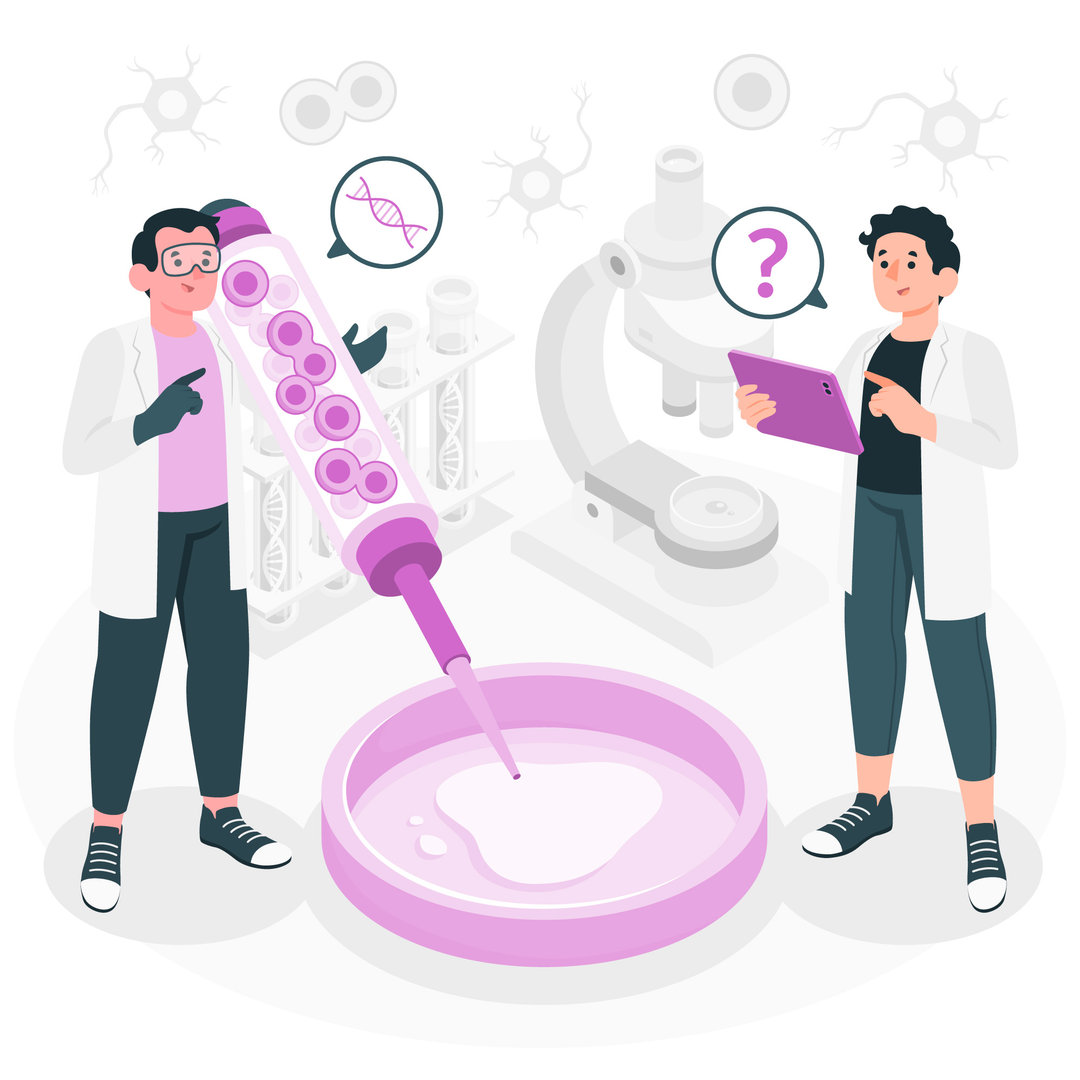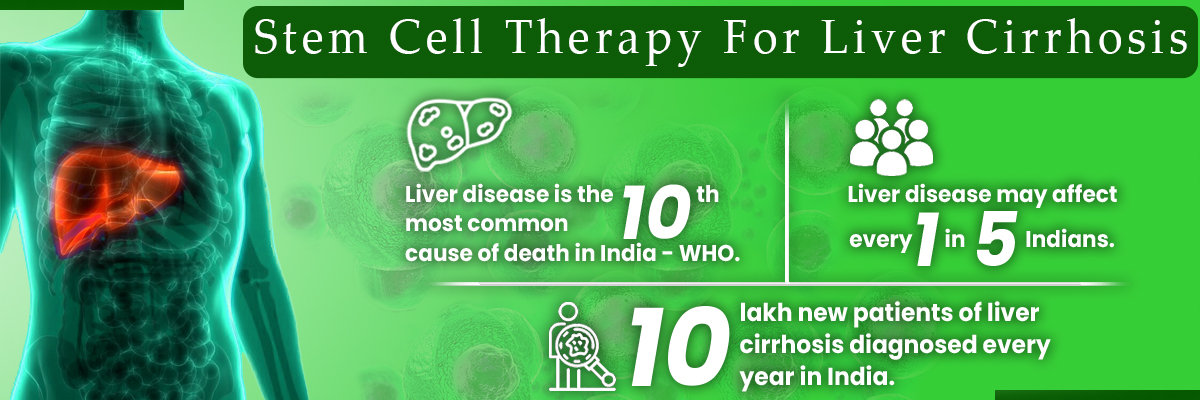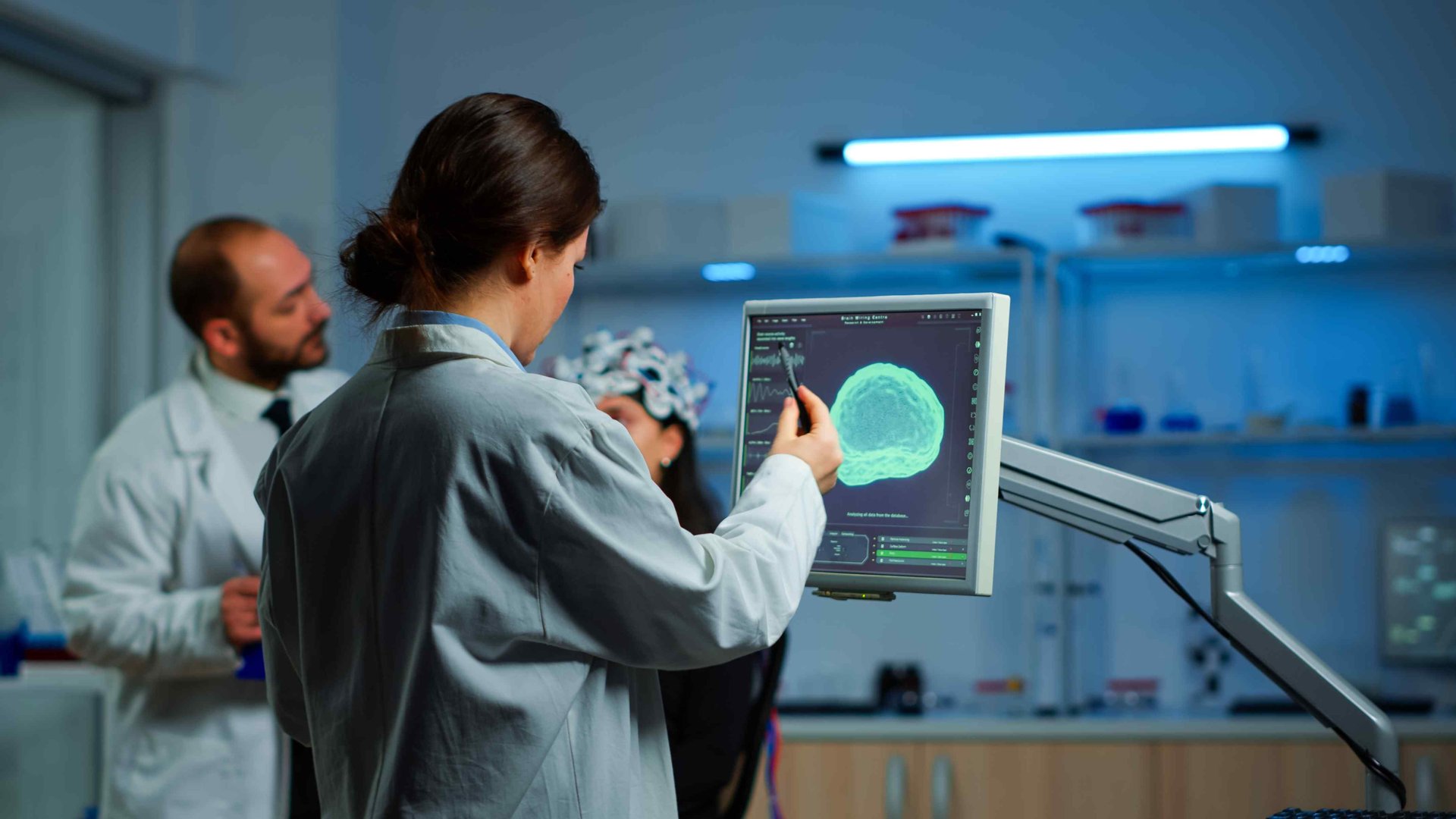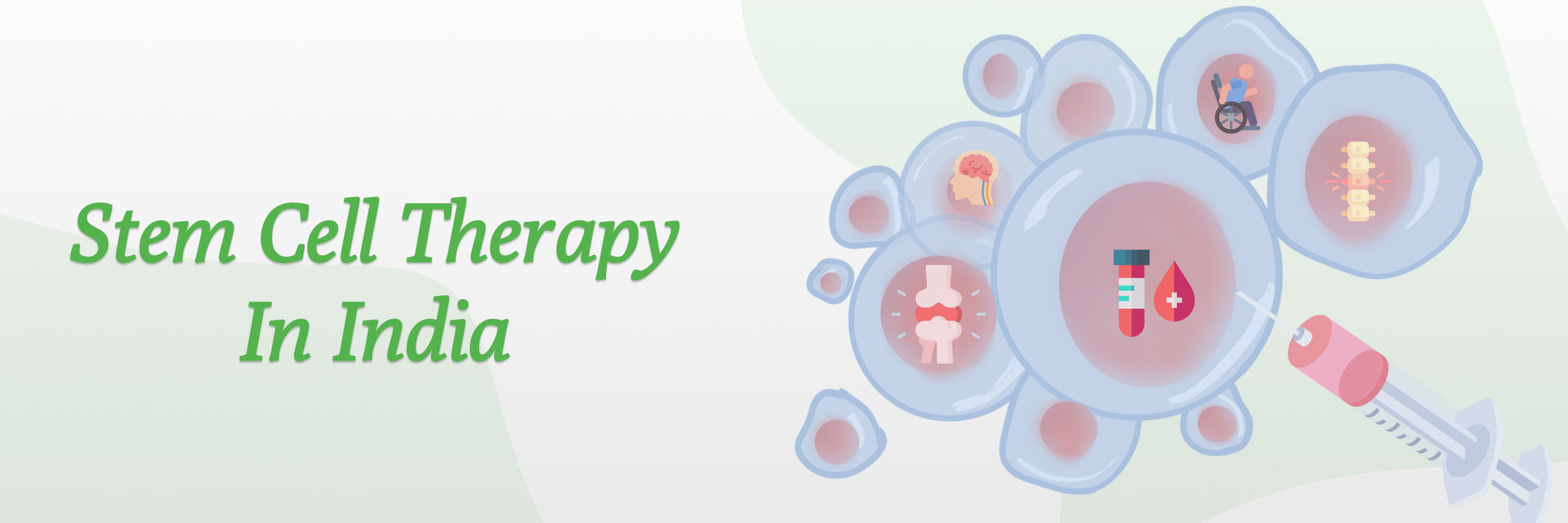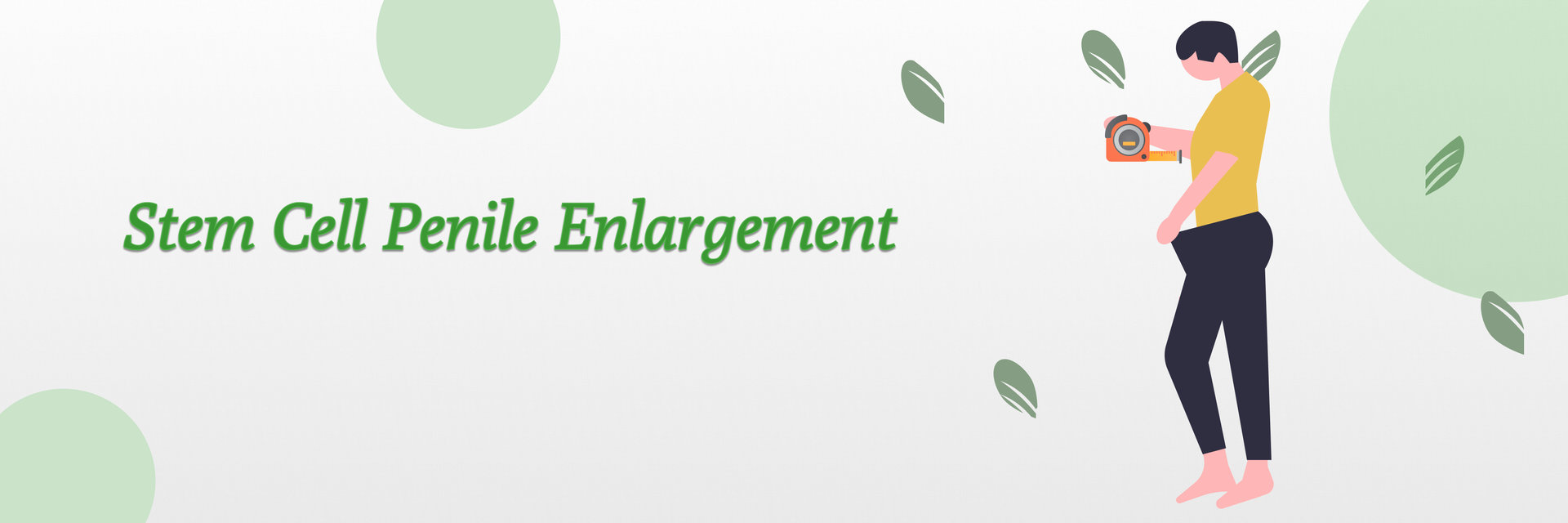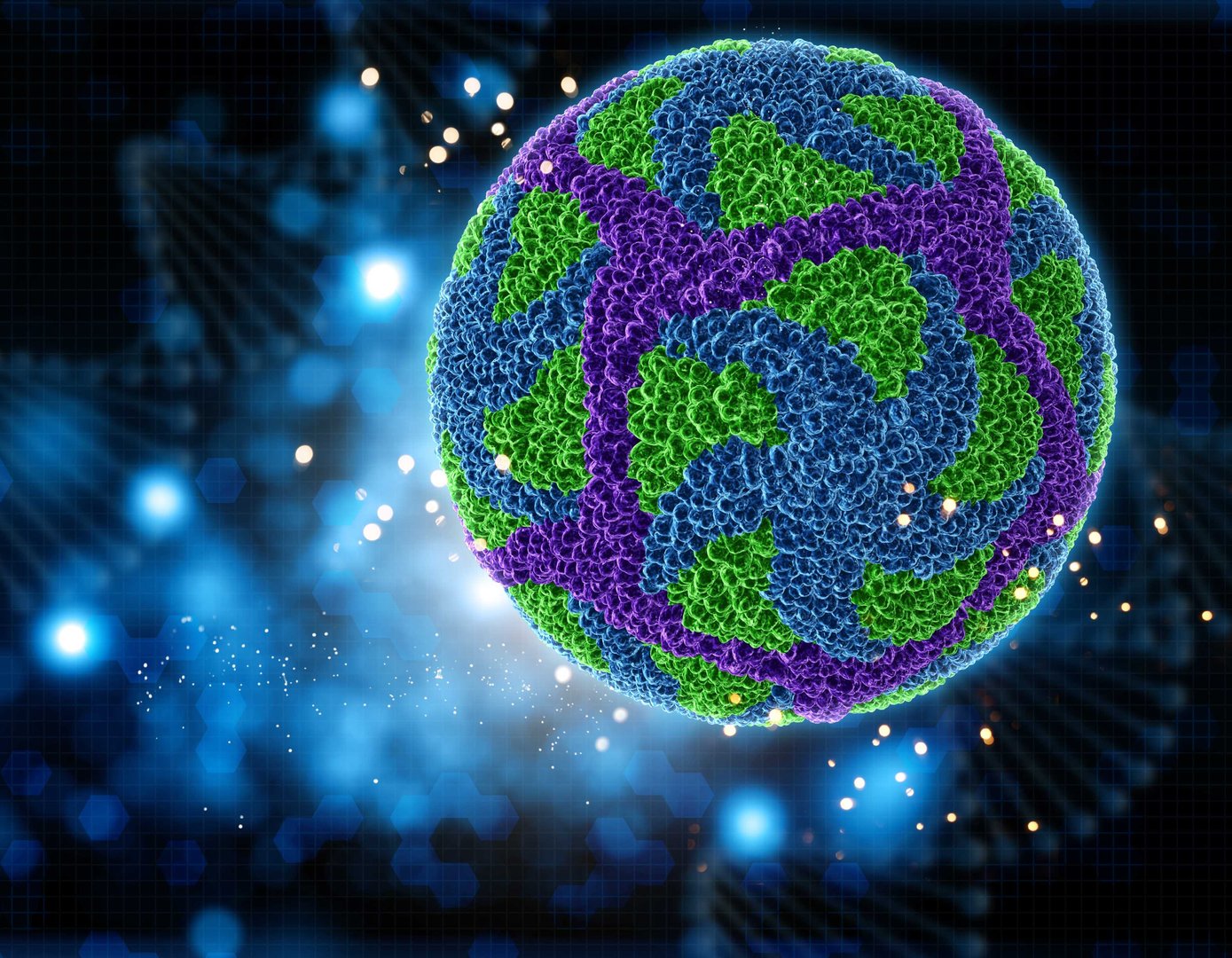Introduction
Disease of the kidney is the most severe health issue globally, and it occasionally appears following treatments such as stem transplant or stem cell donation. Although Stem Cell Research has provided numerous new opportunities for treating cancer, blood disorders, and other diseases, we also have to consider the side effects along with it. One of those risks is kidney failure when the kidneys no longer function properly. Stem cell therapy and stem cell banking have become very popular, with a lot of individuals even opting for stem cell storage or exploring stem cell storage prices for the future, but hardly anybody discusses the issues that can occur afterward. This blog will define kidney failure due to stem cell therapy in simple terms, such as causes of kidney disease, symptoms, treatments, and how the treatments differ from one another. Connect with the best medical professional to learn in depth about problems faced related to kidney failure after a stem cell transplant.
What Is Kidney Failure?
Kidney failure, or chronic kidney disease or chronic renal failure, occurs when your kidneys are unable to purify the blood. Usually, kidneys filter waste, regulate minerals, and manage fluids. But when damage does occur, you might end up with renal disease or even end-stage renal disease, the final stage where dialysis or a kidney transplant is necessary. Most individuals are unaware that chronic kidney disease can be slow and quiet, accumulating over the years. Some of the causes of kidney disease are common high blood pressure, diabetes, or even heavy treatment for kidney disease and other conditions that increase the load on the kidneys. If not treated in time for chronic kidney disease, the condition aggravates.
(LEAD FORM)
Why Can Kidney Problems Happen After Stem Cell Treatment?
Stem transplant therapy tends to employ intensive chemotherapy and radiation before transplant, and these medications for cancer or kidney disease are toxic. Causes of kidney disease following stem transplant could also be infections, the side effects of medication for kidney disease, and immune responses. Stem cell donation is safe for the donor, while complications can occur in the patient with a high rate receiving the stem cell.
In a few instances, chronic kidney disease arises as a consequence of prolonged use of kidney medication or medication required to prevent rejection following stem cell therapy. Fluid imbalance is another cause, since the kidneys are highly sensitive organs. Stem cell research continues to minimize these risks, but a fact remains that renal disease may be a by-product of advanced therapy.
Common Signs & Symptoms To Watch For
It is extremely important to observe the initial warning signs of kidney disease. The most frequent symptoms of chronic kidney disease include swelling of the ankles and feet, decreased urine output, fatigue, nausea, elevated blood pressure, and insomnia. Individuals who develop chronic renal failure as a result of stem cell therapy can also observe alterations in urination, muscle spasm, or breathlessness. In more severe cases, end-stage renal disease symptoms such as severe fatigue, chest pain, and confusion will appear. If these signs are present, immediate kidney disease treatment is necessary because waiting will aggravate the condition. If anyone is considering stem cells as a viable option, then one can book a doctor video consultation on our platform in just a few clicks.
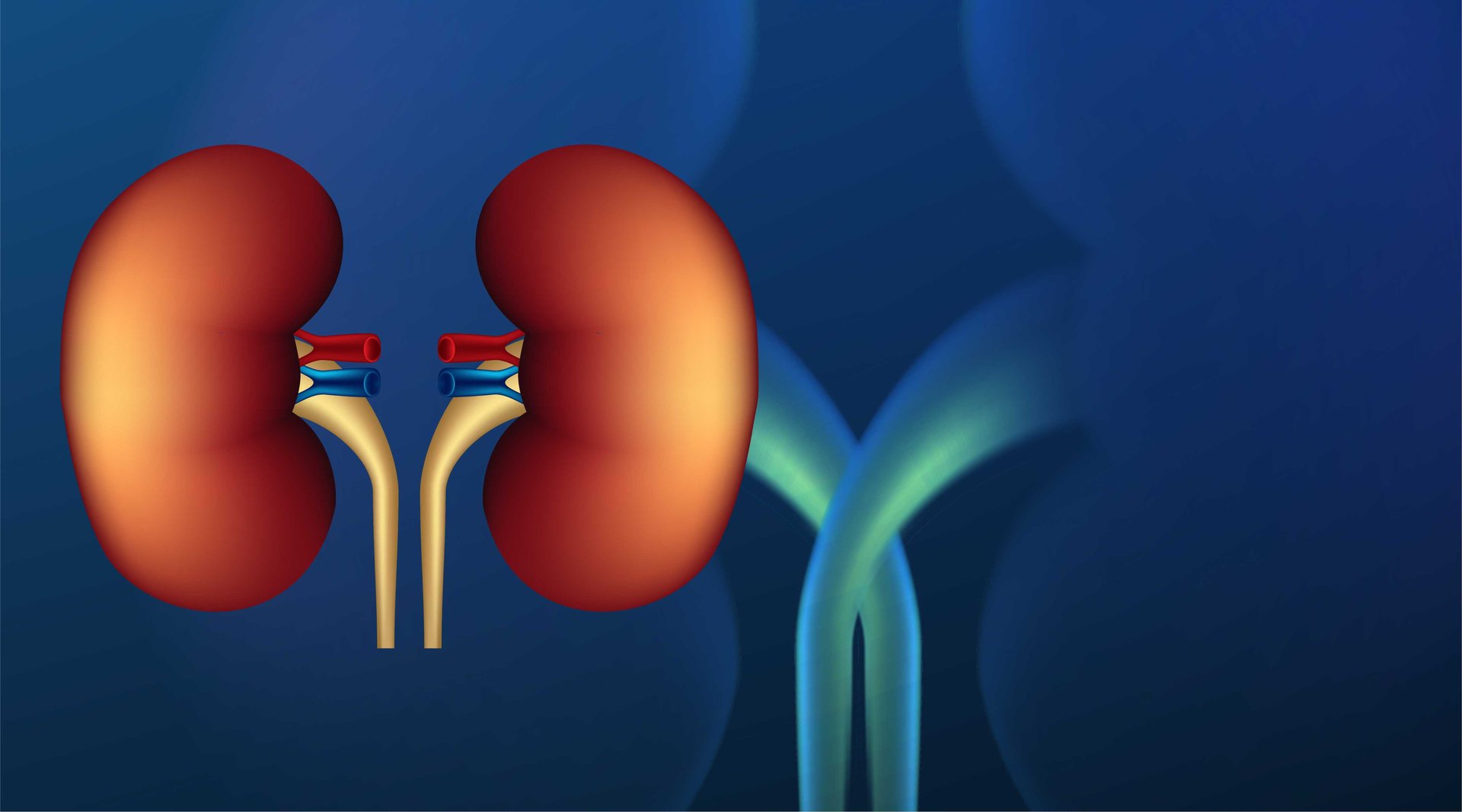
Patients Who Are At Higher Risk
It is not that everyone who receives a stem transplant will have renal disease, but certain patients are at considerably higher risk. Individuals with existing chronic kidney disease or with high blood pressure are particularly susceptible. Patients who have already undergone potent drugs for kidney disease or multiple medications for kidney disease earlier are also at higher risk. Older individuals, diabetic patients, and those with repeated cycles of chemotherapy before stem cell donation are also at higher risk of experiencing chronic renal failure in the future. The etiology of chronic kidney disease in such patients tends to be associated with the synergy of aggressive treatment, compromised immunity, and prolonged stress on the kidneys.
How Doctors Diagnose Kidney Issues
Physicians utilize straightforward yet efficient tests for screening for renal disease. Renal disease is detectable through blood tests that can quantify creatinine and urea, which are byproducts that accumulate during kidney disease. Urine analysis determines the presence of blood or protein in the urine, typical of chronic kidney disease. Imaging tests, such as an ultrasound or CT scan, can examine kidney function and size.
A biopsy will be performed in a few instances to identify specific causes of kidney disease. An early diagnosis is necessary because early treatment of chronic kidney disease can delay the damage and avoid end-stage renal disease. Physicians also closely observe patients following stem cell donation or stem transplant to ensure kidney medicine side effects are not damaging the kidneys.
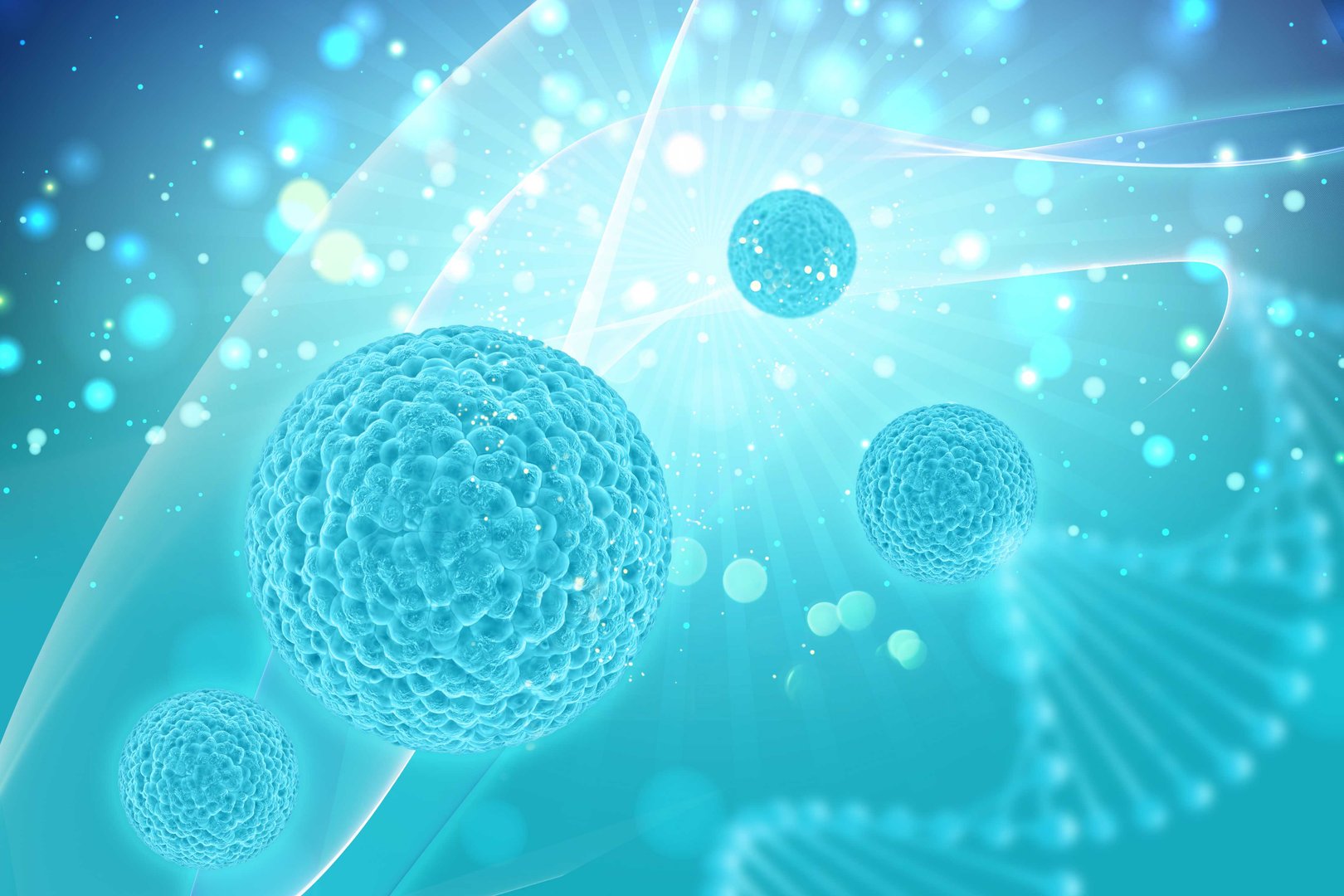
Treatment & Care Options
Kidney disease treatment varies with the stage. In the initial stages, physicians prescribe medication for kidney disease, including blood pressure medications, and recommend lifestyle modifications such as a low-salt diet. Chronic kidney disease can be treated with medication for kidney disease, kidney disease-specific drugs such as ACE inhibitors, or even new kidney medicine from current Stem Cell Research. For chronic renal failure or end-stage renal disease, one will often need to undergo dialysis or a kidney transplant.
Patients who recover from a stem transplant require kidney disease treatment as well as routine follow-up, since kidney disease medication may at times interact with the medications they are already on after stem cell donation. Management should be done in a careful manner to prevent complications. One can get the best possible treatment from the best stem cell doctors in India.
Cost Comparison Of Treatments
| Treatment Options | Average Cost (India) | Average Cost (USA) |
| Basic medication for kidney diseases | Rs.2000 to Rs.5000/ month | $100 to $500/ month |
| Dialysis (per session) | Rs.3000 to Rs.5000/ month | $250 to $500 |
| Kidney Transplant | Rs.5 lakhs to Rs.7 lakhs | $100,000 to $400,000 |
| Stem cell transplant (for underlying diseases) | Rs.15 lakhs to Rs.25 lakhs | $200,000 to $300,000 |
| Stem cell storage cost (one time + yearly) | Rs.60,000 to Rs.100,000 + Rs.4000/ year | $2,000 + $150/ year |
| Stem cell preservation cost (varies) | Similar to storage | Similar to storage |
Life After Kidney Problems
Chronic kidney disease life after a stem transplant is not simple, but with proper treatment of chronic kidney disease, individuals can live a good life. Lifestyle modifications such as proper diet, exercise, smoking cessation, and daily medication for kidney disease can enhance the outcome. Patients also have to take kidney medicine every day and remain in contact with their physicians in order to modify the medication.
Some even opt for Stem Cell Research trials for chronic kidney disease therapies in the future. The preservation of stem cells is also under consideration as a solution for kidney disease in the future, but at present, the conventional treatment for kidney disease is the primary course.
Summary
Kidney disease following stem transplant is an actual issue, and the patient must learn about the etiology of kidney disease and how to treat it. Treatment for chronic kidney disease is getting better, but patients should be aware of the early warning signs and keep taking medication for their kidney disease. End-stage renal disease is potentially fatal, but with kidney disease drugs, dialysis, or even transplant, life can go on. Stem Cell Research can provide new possibilities in the future, and stem cell preservation or stem cell storage is something many are thinking about today, even looking into stem cell storage cost and stem cell preservation cost for protection. But simultaneously, awareness of renal disease is no less significant. Being aware and acting early can be a game-changer.
